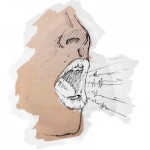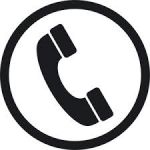Workshop distractors
 This is a list of my not so favorite workshop distractions:
This is a list of my not so favorite workshop distractions:
• The attendee who wishes you would finish before you start by looking at their watch 10 minutes into the presentation
• The poker/frowning face
• The chatter box who constantly talks to the person next to them
• The arms crossed over the body, totally closed to listening to any observations
• The naysayer who will challenge whatever I might say with another point of view
• The note taker who never looks up
If you happen to have any one of these folks in your class, never look at them. Focus on a friendly face and you will have a positive experience.












